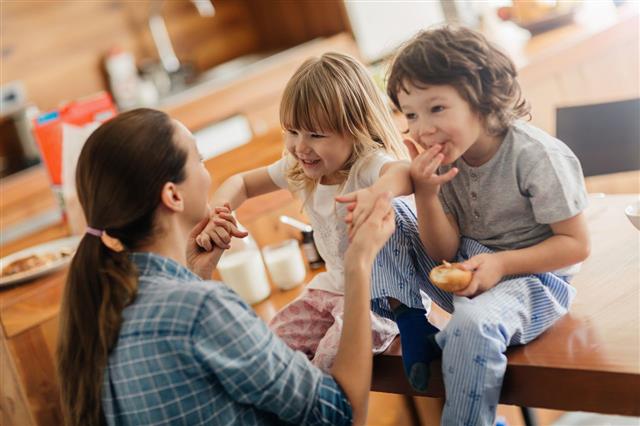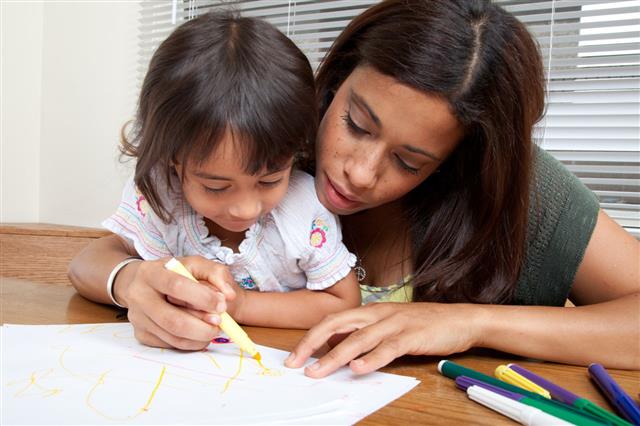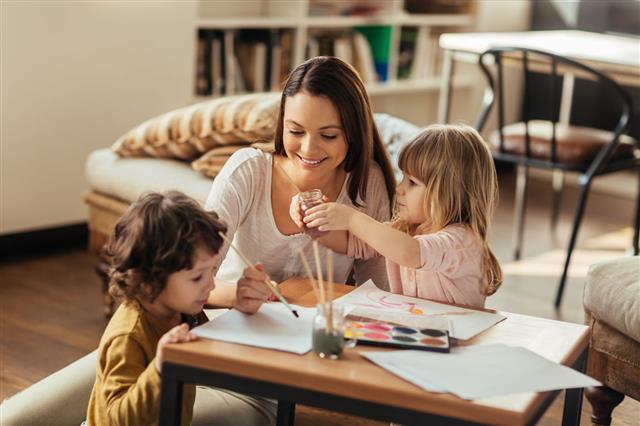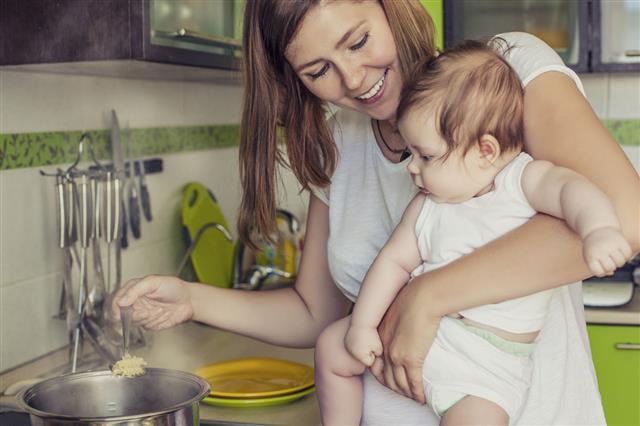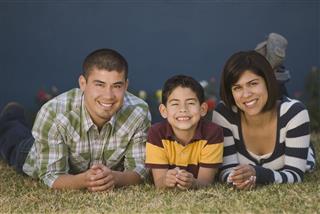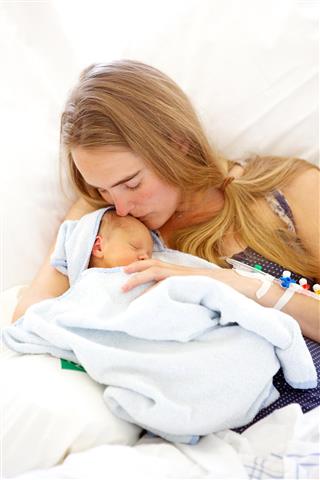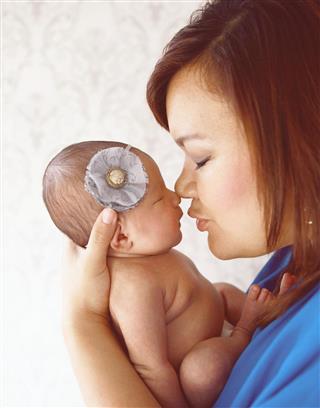
Healthy social development in children is a must to ensure your child’s sound physical and psychological development.
They say, ‘man is a social animal’, but, did you know that the seeds of this social behavior are sown in infancy itself? A child, as young as a few months old shows a distinct social behavior. Most children who receive a loving and caring upbringing show a very healthy social development. The process of social development in children is gradual and stretches over many years. During this period, the parents, teachers and other close family members play a crucial role. The social development continues even when the child steps into adolescence, then youth and eventually adulthood. In this article, we have provided some information on social development of children at every stage of growth, as well as Erikson’s stages of socio-emotional development in children.
What is Social Development in Children?
It is defined as a child’s interaction with others. During the initial stages, she depends greatly on her parents and caregivers; in this phase, her interaction is limited to these people. Eventually, she begins interacting with other kids and adults. A child dwells a lot upon the love, security, and care provided by her parents and caregivers. Eventually, she learns to impart love and care and shows signs of empathetic behavior. This is an indication of sound social development.
Stages of Social Development
0 – 1 Year
During this period, the interaction of the child is greatly limited to her parents and caregivers only. Babies that are older than 9 months, may show interest in other kids. They may also show anxiety towards strangers and may get distressed if parents are not around.
1 – 2 Years
Children of this stage often indulge in ‘parallel play’, when exposed to other kids. Even if little interaction happens with other kids at this stage, it can be crucial for the further social development of the child.
2 – 4 Years
As the kids begin their preschool, their social interaction with peers begins in true sense. While they may still prefer to play alone, they might show interest in other kids’ play. A little pushing, grabbing, crying, all of which results from ‘co-playing’ is common at this stage. In fact, it may teach your kid some valuable lessons in social interaction.
4 – 6 Years
The play becomes more co-operative at this stage. Children learn some important values like sharing, which may help them build relations with their peers. Children learn to resolve their conflicts, without parental intervention. Such conflicts instill crucial social skills in children.
6 Years and Older
The real school allows children to spend more time with their peers than their parents. Children of this age observe other kids and may try to imitate them. Friendships bloom at this stage and kids may show more liking towards some peers, thereby fostering the concept of ‘best friends’. The social skills developed at this stage are valuable as they form the basis for social interaction in adult life.
Eric Erikson’s Eight-staged Model of Social Development in Children
Basic Trust Versus Basic Mistrust
This is the first stage of a child’s social behavior that begins in infancy and ends by the time the child is 1-2 years old. A child who is well taken care of develops security, trust and a general feeling of optimism towards her surroundings, whereas a badly parented child develops feelings of insecurity and becomes mistrustful.
Autonomy Versus Shame
This is the second phase of the child’s social development which extends up to 4 years of age. During this period the child becomes confident and takes liberty in exploring the world around her. She becomes increasingly aware of her independence and doesn’t mind breaking away from her parents in familiar surroundings. The child also shows an understandable anxiety towards strangers. The child may also throw occasional temper tantrums.
Initiative Versus Guilt
During this stage the child becomes more interactive towards other kids. She learns to cooperate with others. She also indulges in group plays and other activities. The child learns to lead as well as to follow. The emotional and physical dependence on parents is still there as the child is being introduced to new emotions such as fear, guilt, etc.
Industry Versus Inferiority
Since kids of this age begin formal education, they become accustomed to a fixed schedule and certain rules and regulations that we are supposed to abide. Their play also becomes more rule-oriented, as they now shift from individual games to team games, which follow a framework of rules. Normal children grow up to become quite industrious by this time. However, children who are not well taken care of, often develop a mistrust for their future or develop an inferiority complex.
Intimacy Versus Isolation
This is the phase where the child enters adolescence. She becomes conscious of her own identity and seeks an answer to the question ‘who am I?’ A slightly rebellious behavior is normal during this stage, as the child experiences a flood of myriad emotions. The child becomes aware of her sexual identity during the later stages of adolescence.
Identity Versus Identity Diffusion
The child (now an adult) becomes capable of establishing lasting relationships, such as marriage or friendship. For the first time in her life the child experiences a feeling of true intimacy.
Generativity Versus Self-Absorption
The person begins to fulfill various responsibilities on the personal as well as professional front. She is usually at the peak of her career and also experiences joys of parenthood.
Integrity Versus Despair
Person feels a sense of accomplishment and pride about her life. She attains a worldly wisdom and develops a general feeling of gratification. A person who failed to achieve normal social development state at any of the above stages may experience a feeling of despair in her life.
Thus, the importance of social development in children cannot be undermined as it lays the foundation for a physically and emotionally healthy adulthood. As parents, it is your responsibility to create a conducive environment for your child’s sound social development.
